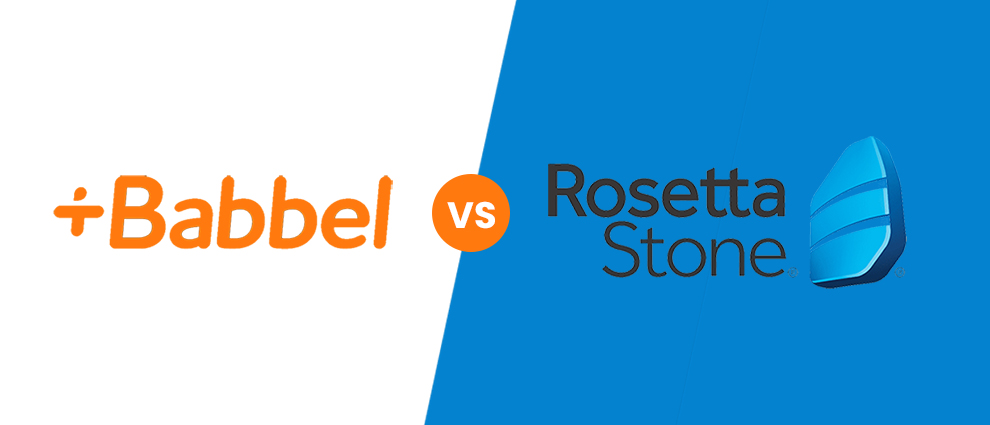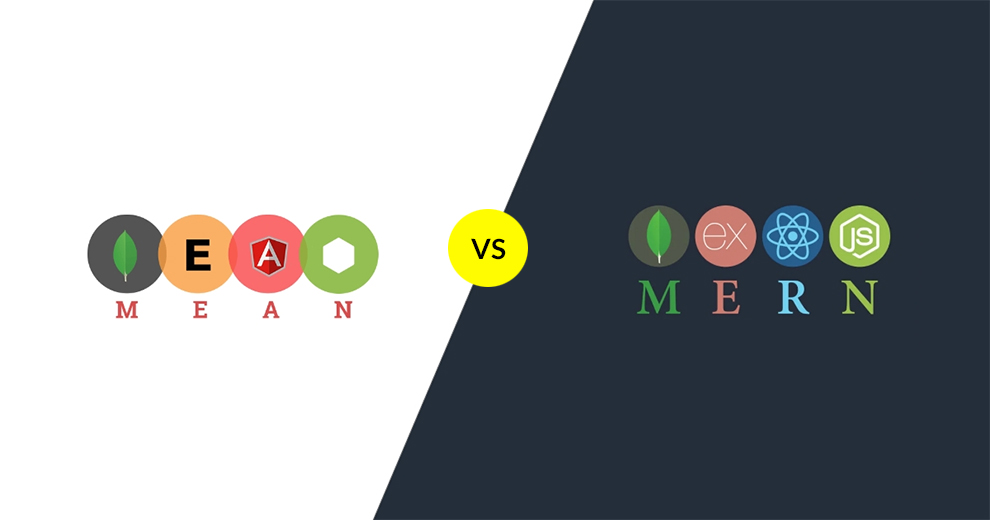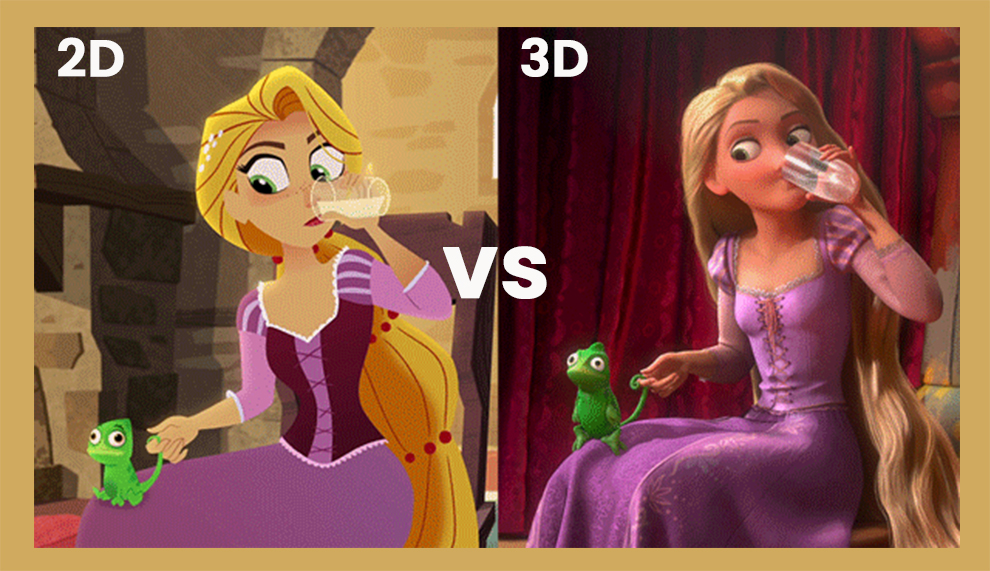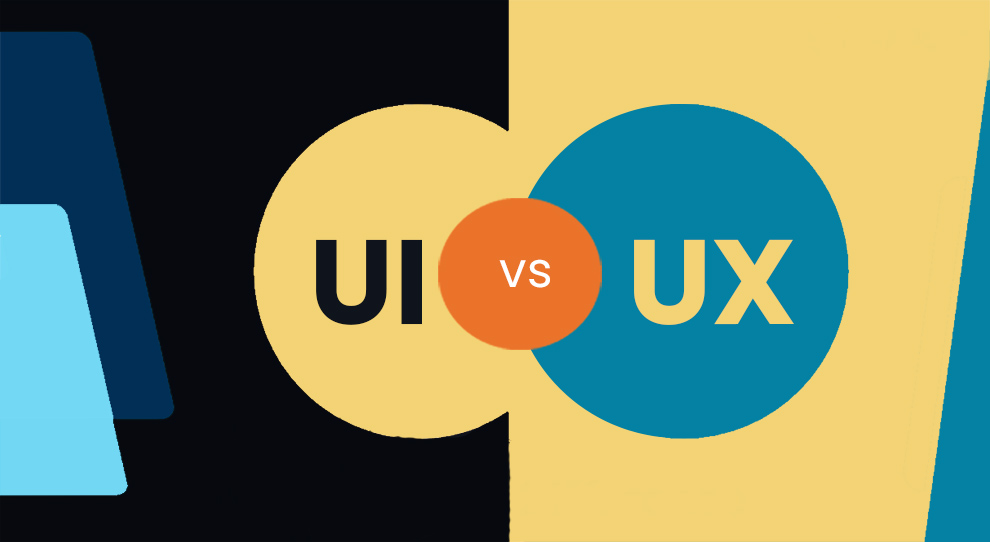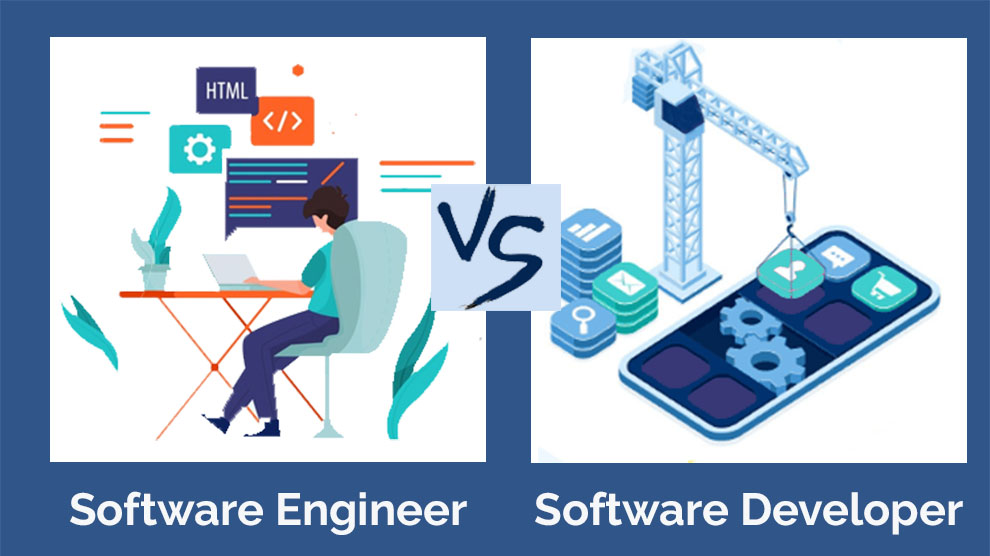Although Rosetta Stone gives you more language options to learn from, Babbel is a more economical and valuable option overall.
In the age of computer science and technology, exploring a new language is not a struggle. So, even if you do not want to attend a class, there is still an option to better your language skills from anywhere in the world through language learning apps and websites.
Rosetta Stone and Babbel are the two most prominent names in the language learning market. They are both excellent platforms with many similarities and a few subtle differences, which makes choosing one between Babbel vs Rosetta Stone challenging.
They are both incredible, but we feel Babbel can give you more value for money. It is also cheaper than Rosetta Stone and is better to communicate with others in a new language with this app.
We do not mean that Rosetta Stone is not good. It is home to some of the most authentic and beneficial content, even more than Babbel.
In Babbel, you get English translations and explanations, but Rosetta Stone primarily centers around the target language.
Where Babbel focuses on lengthy dialogues, Rosetta Stone stresses individual sentences. Babbel lacks production and sound quality but has more examples than Rosetta Stone.
Rosetta Stone explains via images, which is different from Babbel. So, is Babbel better than Rosetta Stone? The choice ultimately depends on what style of learning you prefer.
These companies let you learn a language via your mobile phone or computer. They have straightforward lessons and are available on Windows, iOS, and Android to offer to learn at your convenience.
We will pit the two against each other, compare them on different parameters, state their pros and cons, and help you pick one over the other.
Which Is Better, Babbel or Rosetta Stone?
| Attributes | Babbel | Rosetta Stone |
| Price | 7-14 dollars per month | 12 dollars per month |
| Refund | 20-day money-back guarantee | 30-day money-back guarantee |
| Free trial | Available | 3-day trial period |
| Languages covered | 14 | 25 |
| Speaking practice | Less | More |
| Grammar lessons | More | Less |
| Lesson duration | 10-15 minutes | 45-60 minutes |
| Voice recognition | Yes | Yes |
| Audio quality | Poor | Good |
| Mobile app | Yes | Yes |
| Visit Babbel | Visit Rosetta Stone |
How Is Babbel Different From Rosetta Stone?
The primary differences between Babbel and Rosetta Stone are:
- While Rosetta Stone is costlier, Babbel is more pocket-friendly.
- Babbel offers explanations and user translations in English, but the same is not with Rosetta Stone. It employs the target language all the time.
- Babbel equips you with the knowledge to hold a longer conversation, but Rosetta focuses more on the individual sentences.
- Babbel teaches 14 languages, but Rosetta Stone offers 25 languages.
Analyzing these differences can give you a brief overview of Babbel vs Rosetta Stone, but let us discuss these two in deeper detail to acquire a clearer picture of the two options.
A. Course structure & delivery
Both Babbel and Rosetta Stone are equally good in terms of course structure & delivery. The choice depends on what works better for you. However, since Rosetta Stone employs a more immersive learning experience, it can seem better for many. However, Babbel’s integration of English makes it a tough competitor.
In Babbel, every lesson comprises several interactive activities. It commences with an exercise where you listen to new phrases or words and then repeats them afterward. Following this, the class takes the format of a drill via flashcards.
After this, there is a short lesson on conjugation or grammar, and then you will be asked to reconstruct and type the same phrases or words. Lastly, you will have to take a fill-in-the-blanks exercise. All of this will conclude with a mock conversation.
As for Babbel vs Rosetta Stone, the lessons will take about an hour to complete from the start to the end. You will find a core, 30-minute learning module and three to fifteen supplementary drills for five to ten minutes per lesson.
These drills help improve your pronunciation, listening, writing, and reading skills. As you progress further, the sentences become more grammatically complex.
In Babbel, the lesson content focuses on employing real-life situations. For instance, ordering a cup of coffee, booking a cab, and like. Each lesson has a simulated dialogue you can integrate into a real-life situation.
Because the app contains recordings from native speakers, the learner can know the natural pronunciation and learn the correct way to pronounce every word. Thus, your accent is honed, and your speaking skills get better.
It has a personalized review manager that helps understand and get well-versed with the words that are difficult to remember. You can complete a lesson in 10-15 minutes. The app also lets you explore different articles about the target language.
There is also an opportunity to communicate with the language experts if you wish to amplify your learning via a live tutoring session.
With Rosetta Stone’s immersion teaching method, you will learn the target language only in that specific language. Hence, there is no use of English.
Beyond the core lessons, you can also try features like extended stories and learning. You can play games with different users holding the same learning proficiencies to develop skills. The live tutoring session provides a chance to practice with three learners and a native speaker. But it comes at an extra fee.
Verdict – Tie
How does Babbel compare to Rosetta Stone? Babbel’s lessons are much shorter and contain various exercises and drills. The use of the English language makes learning more simpler.
In contrast, Rosetta Stone’s lessons have no English translation. Their focus is on imagery. So, you depend more on inference and visual cues. So, if you are a visual learner, you will cherish their lessons more.
In addition, while Babbel focuses on conversational language, Rosetta Stone prepares an immersive learning experience for better memorization. They also have live sessions that can be a huge plus.
Rosetta Stone is faster and often rushes through things, while Babbel takes it all slow and steady.
Rosetta Stone depends on intuition as you progress through the lessons. It implies that you see scenarios and images and have to infer their meaning sans any explanation. It can be a little challenging and intimidating initially, but it will all start making sense if you keep at it.
On the contrary, Babbel relies more on translations, grammar explanations, fill-in-the-blanks, and the like. It does it all excellently and gives you detailed knowledge.
Verdict – Depends on your preference
The choice depends on your preferred style! We cannot say one’s methodology is superior to other. However, it comes down to how you prefer to learn. If you are impatient, you will not like Rosetta because it does not explain anything. So, if you need everything to progress gradually, consider opting for Babbel.
C. Pricing of Babbel vs Rosetta Stone
Babbel is more affordable than Rosetta Stone.
To use Rosetta Stone and Babbel, you need to buy a subscription. But both provide an introductory lesson or a couple of classes for free, which helps the users test the waters before shopping for the entire subscription.
Babbel lets you subscribe to their monthly plan or a three-month plan. The former costs around $12.95, and the latter $26.85. If you go with the annual subscription, it will cost $83.40, whereas the six-month subscription costs $44.7. Hence, the Babbel subscription will cost between $7 and $13, depending on your chosen duration.
On the other hand, Rosetta Stone is a little on the more expensive side. Its three-month subscription fee costs $35.97 and delivers access to a single language. If you shop for the annual subscription, it will cost $179, which provides access to all the languages.
You can also buy their lifetime access plan at $199 for all the Rosetta Stone languages. Thus, depending on your chosen plan, the subscription starts at $12 per month. It goes up to $200 for a lifetime subscription.
Verdict – Babbel
If you wish to pick from Rosetta Stone or Babbel based on price, Babbel can be your preferred pick.
D. Languages Offered
Rosetta Stone is the clear winner because it has more language options than Babbel.
With Babbel, you can choose to learn the following languages:
- Norwegian
- Danish
- Portuguese
- English
- French
- Russian
- Polish
- Indonesian
- Spanish
- Dutch
- Turkish
- German
- Swedish
- Italian
With Rosetta Stone, you can choose to learn the following languages:
- Polish
- French
- Russian
- Spanish (EU)
- Chinese
- Turkish
- Persian
- English (UK)
- Korean
- Hebrew
- English (American),
- Chinese
- Japanese
- Greek
- Swedish
- Portuguese
- Arabic
- Hindi
- Vietnamese
- Irish
- Spanish (Latin American)
- German
- Latin
- Dutch
- Italian
- Tagalog
Verdict – Rosetta Stone
Is Rosetta Stone or Babbel better? In terms of language variation, Rosetta Stone is a better pick.
E. Audio & video quality
Rosetta Stone has better audio and video quality than Babbel.
Of course, Rosetta is more expensive than Babbel, but it rightly shows in its production quality. Babbel’s audio and video quality are not bad, but it is not on par with Rosetta Stone.
Verdict – Rosetta Stone
Is Rosetta Stone better than Babbel? Yes, its production quality is superior.
F. Grammar Integration
Babbel stresses more on grammar, unlike Rosetta Stone.
Babel incorporates grammar into their lectures, something that Rosetta Stone does not stress much on. Fortunately, Babbel does not try to bog you down with bland and dense grammatical lessons. They do it subtly and effectively.
Verdict – Babbel
Babbel is a clear winner because Rosetta Stone does not emphasize enough on grammar, which is vital in learning a language.
G. User support
Both have an excellent support team, but Rosetta Stone does a better job.
Rosetta Stone has a faster response time. You can use live video, live chat, and more to connect to the representatives. Babbel is good, but they do not have equal support options.
Verdict – Rosetta Stone
Rosetta Stone has more diversity in ways you can reach their support team.
H. Voice recognition
Rosetta Stone has superior speech recognition technology.
Rosetta Stone employs TruAccent voice recognition technology. The company has spent many years on its development and has done a pretty good job.
Herein, you will have to repeat the phrases, and words, fill in the blanks and describe what’s happening in the different images you see across the lessons.
The technology monitors how you speak. So, when you mispronounce a phrase or a word, it will check you by prompting you till you finally get it right.
Though not a perfect system, it is an excellent substitute for speaking with a human being and is pretty accurate. Babbel also has voice recognition technology, which is also decently good. However, at times, it can be irksome.
Verdict – Rosetta Stone
Though both voice recognition software is good, Rosetta Stone does better with technology. It is as close as getting feedback from a real person.
We have discussed the individual attributes, so you have a brief idea of what’s better, Babbel or Rosetta Stone. Now we will give you an overview of Babbel and Rosetta Stone and their pros and cons to help you make a wiser selection.
Related: Rosetta Stone Vs Pimsleur | Memrise Vs Duolingo | Babbel Vs Duolingo | Busuu Vs Babbel | Pimsleur Vs Babbel| Duolingo vs Rosetta Stone| Rocket Languages vs Rosetta Stone| Mondly vs Babbel| Fluenz vs Babbel
Is Babbel Worth It?
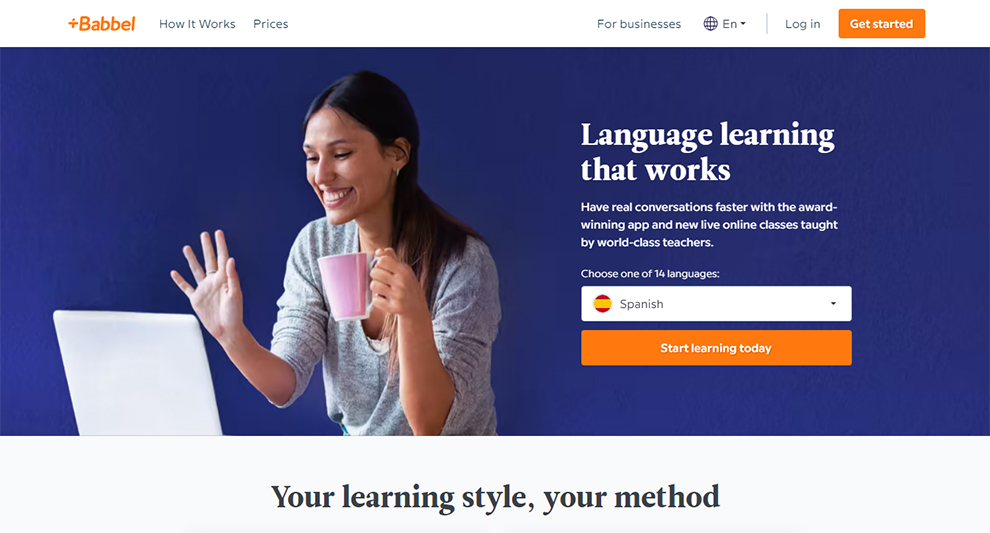
Babbel is one of the most prevalent language-learning apps. So, almost everyone knows about it, especially since they have been made so dynamic by social media. It is worth a try if you wish to learn a new language.
You can use Babbel to learn around thirteen languages, many of which are the standard, mainstream languages. Babbel can work great on your PC, tablet, or phone, and the exercises synchronize well across all gadgets.
On Babbel, the lessons are intuitive. Clients will see new language, expressions, or vocabulary and are triggered to respond to the questions. These are in the test-style format. So, give excellent value to the students.
To advance through the exercises, you need to answer every question correctly. As you progress, you can see your accomplishments. Babbel also lets you set your goals to get better.
To progress through the exercises, you need to answer accurately, and there are achievements where you can see your accomplishments and set yourself goals.
Between Babbel vs Rosetta Stone, with Babbel, you will see genuine dialogues from the primary exercise, and they work towards helping you learn the language both actively and passively through the setting. Overall, it is one of the best platforms right now.
| Pros | Cons |
|
|
Is Rosetta Stone Worth It?
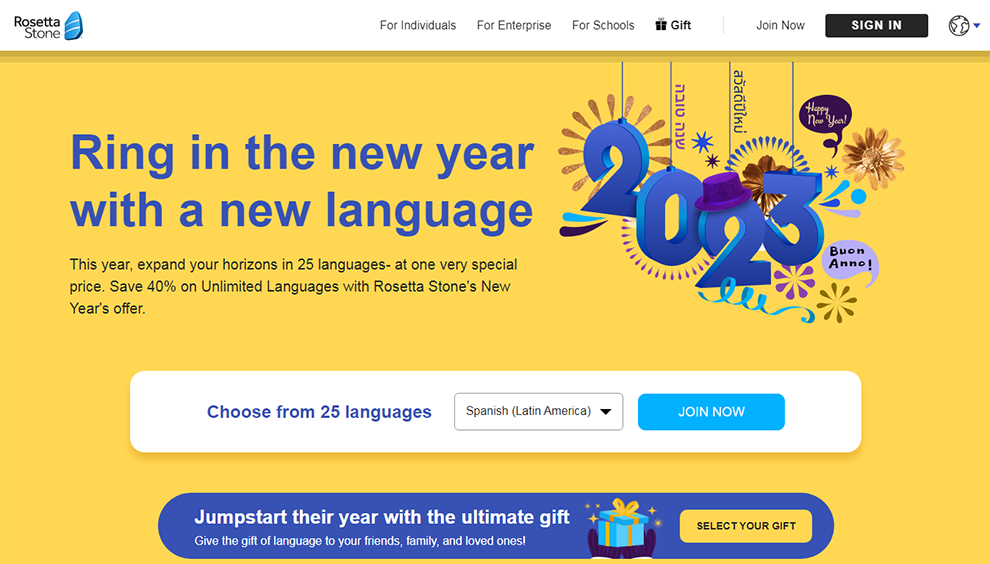
Rosetta Stone has been around since 1992. It has been one of the most worthy names in the industry since then. Back in the day, it was delivered through gigantic CD-ROM boxes, but now in their advanced version, you have it all easy on their mobile app.
It is comparable to the Babbel and maybe even better in some respects. So, the final choice between Rosetta Stone or Babbel depends on what you seek from the platform.
Rosetta Stone functions well on the internet browser and is also viable on Apple and Android gadgets, buts its exercises run slowly on the phone. Similar to Rosetta Stone, its lessons are intuitive and center more on audio-visual learning.
In their practice exercises, you will see them associating spoken words with pictures on the screen and matching them. Once you finish the activities, you will receive a percentage score, implying whether you passed or failed an exercise.
It will analyze how well you performed in activities in different areas – listening, vocabulary, sentence structure, writing, and pronunciation. You can progress forward or retry the failed exercises to memorize better.
| Pros | Cons |
|
|
Final Verdict – Which Is Better, Rosetta Stone or Babbel?
We have discussed all the vital details around this Babbel and Rosetta Stone comparison, but it again boils down to where it all started – Which is better?
After first-hand testing both these platforms, we can say Babbel has some edge over Rosetta Stone as they have a more effective learning course. It does not mean Rosetta Stone does not have its strengths, but Babbel’s shorter lessons are a huge plus as you can complete every session without spending too much time.
Their variety of exercises and drills also keeps the learning exciting and fresh. They are more fun and engaging. On the contrary, the Rosetta Stone lessons can feel bland and lengthy.
Let us conclude by saying – between Babbel vs Rosetta Stone, Babbel is a better program for students aiming for elementary to intermediate-level education.

